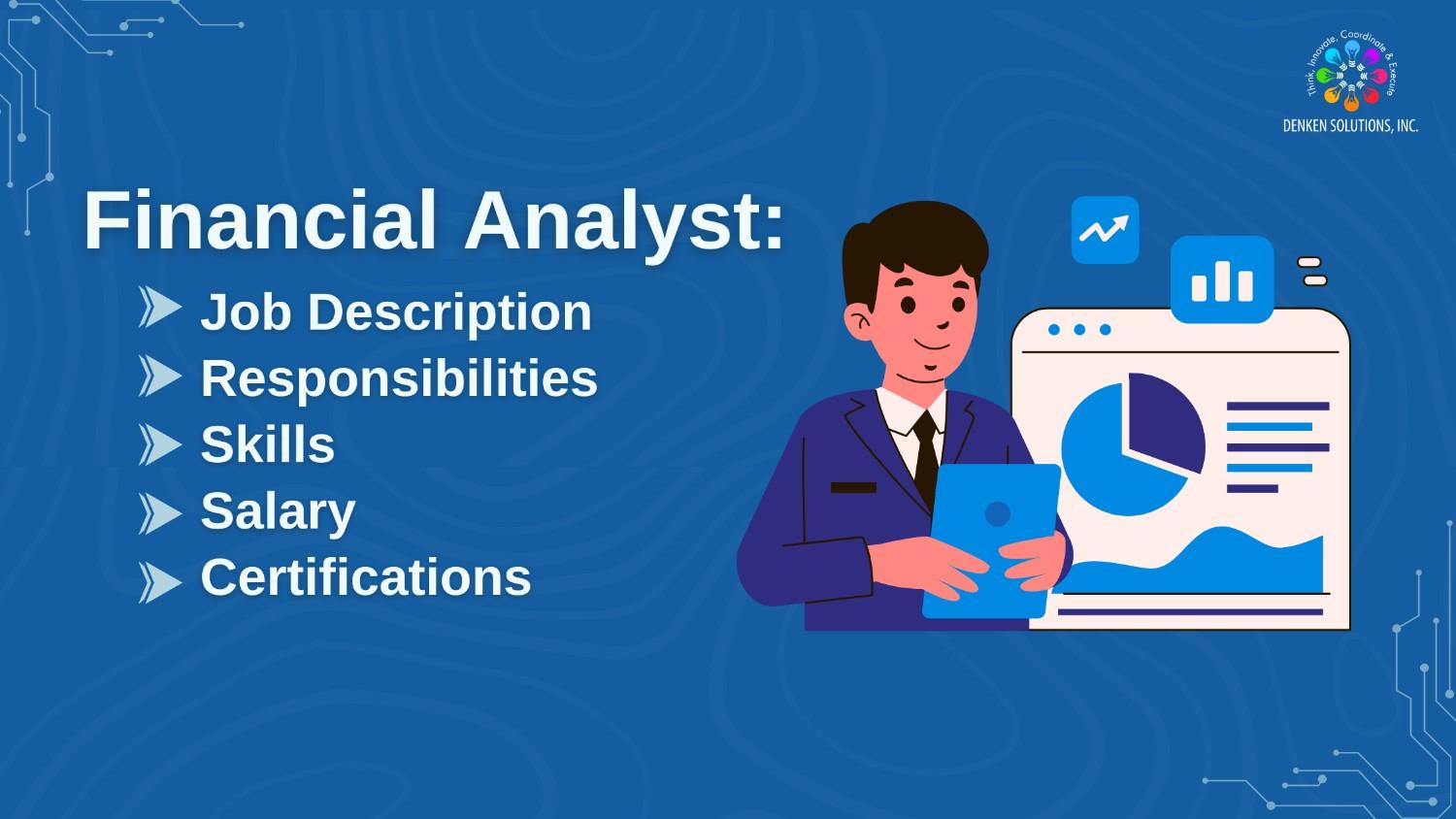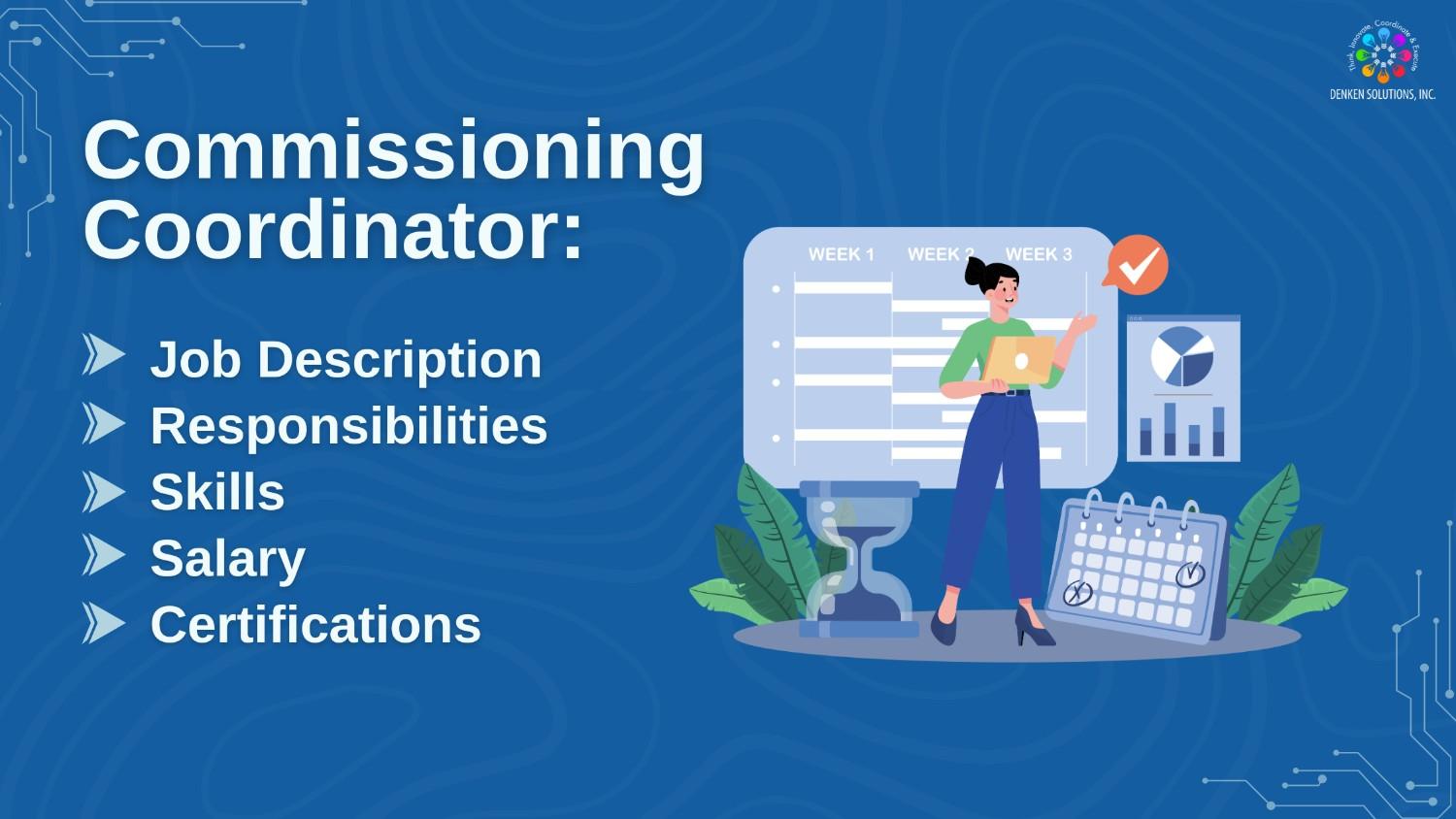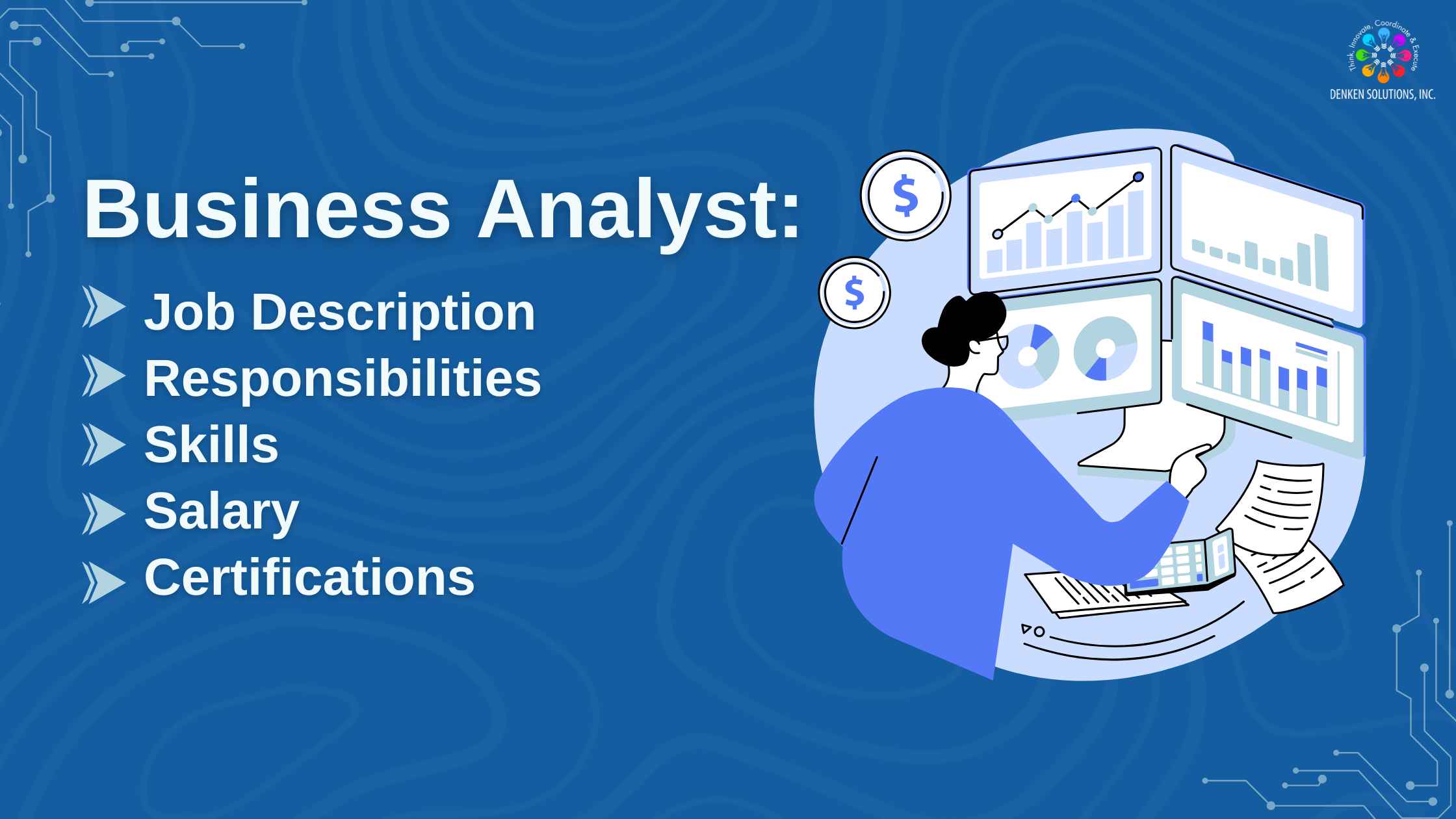In the current situation, where digital dependency on businesses is increasing, mainframe systems continue to power important operations in banking, healthcare, insurance, and government sectors. As organizations are modernizing their platforms while also maintaining their core functionality, the role of the Mainframe Business Analyst is becoming increasingly significant.
A Mainframe Business Analyst will bridge the gap between the business needs and technical implementation, thus ensuring that the mainframe applications will continue to support organizational goals effectively. From gathering requirements and analyzing system workflows to collaborating with cross-functional teams, this role will demand both domain expertise and precise familiarity with the technology.
In this blog, we have enlisted the key responsibilities, required skills, and qualifications for a Mainframe Business Analyst, which will help employers craft a better job description and help candidates understand what the role requires.
Who is a Mainframe Business Analyst?
A Mainframe Analyst is responsible for maintaining and managing the company’s mainframe computer systems. They monitor the system performance, resolve and identify the technical issues, and ensure the proper functioning of mainframe systems and databases. Mainframe Analysts also work with other IT professionals to develop and implement solutions for systems upgrades and improvements. They may also provide technical support and guidance to end users and other team members.
Job description of Mainframe Business Analyst:
The Mainframe Business Analyst is crucial for connecting business needs with legacy IT systems. They are tasked with collecting and examining business requirements, converting them into technical specifications, and ensuring compatibility with mainframe-based applications like COBOL, JCL, and DB2. This position requires collaboration with teams from various functions to record workflows, assist with system improvements, conduct data analysis, and aid in testing and implementation. In sectors such as banking, insurance, and healthcare, where legacy systems remain essential for mission-critical operations, Mainframe Business Analysts are particularly valuable. To excel in this role, strong analytical skills, domain knowledge, and effective communication are essential.
Responsibilities of a Mainframe Business Analyst:
The responsibilities of a Mainframe Business Analyst go way beyond just the standard analysis; they tend to serve as a crucial link between business objectives and the functionality of legacy mainframe systems. These specialists make certain that business processes are efficiently backed by current technologies, while also recognizing opportunities for improvement and updating. Their duties encompass everything from collecting requirements to testing and documenting, and they are key to ensuring that enterprise operations remain reliable, efficient, and scalable.
Check out the duties listed in the job description for a Mainframe Business Analyst below:
1. Analyzing the existing systems and workforce:
Mainframe Business Analysts are required to review the legacy processes and systems, such as COBOL, JCL, and DB2, to recognize the inconsistencies, gaps, or enhancement opportunities.
2. Collaborate with the business and technical teams:
Mainframe Business Analysts act as a bridge between the non-technical stakeholders and the development teams to make sure there is efficient communication and realistic expectations.
3. Create various functional specifications:
Mainframe Business Analysts prepare business requirement documents, data mapping sheets, and functional requirement documents to efficiently guide the technical teams.
4. Supporting system testing and UAT:
Developing test plans, creating test cases, and participating in user acceptance testing to validate solutions against the business requirements is a major responsibility that must be taken up by Mainframe Business Analysts.
5. Ensuring data accuracy and integrity:
Business Mainframe Analysts should conduct data analysis, validation, and mapping to guarantee the precision and uniformity of outputs from mainframe systems.
6. Keep an eye on compliance and risk:
Make sure that all procedures and modifications adhere to internal and regulatory compliance guidelines.
7. Support modernization efforts:
Participate in projects that integrate or move legacy systems to contemporary platforms while maintaining functionality and data.
8. Keep records up to date:
For future reference and audits, maintain thorough records of requirements, system procedures, and change logs.
Skills of a Mainframe Business Analyst:
To be able to succeed in the role of a Mainframe Business Analyst, professionals should possess a combination of technical expertise, effective communication, and analytical thinking. As they function on the edge of business needs and legacy IT systems, the analysts should be equipped to translate complex needs into solutions while also ensuring the stability and performance of maintenance environments. Some of the key skills that allow Mainframe Business Analysts to deliver value across business operations are:
- Mainframe systems knowledge
- Data analysis and mapping
- SQL and query writing
- System testing and UAT
- Business process modeling
- Stakeholder management
- Project management tools
- Mainframe tools
Important Mainframe Business Analyst certification:
Mainframe analyst certification is a type of certification program that is specially designed to help individuals develop the skills necessary to become an effective mainframe analyst. Mainframe analysts are also responsible for providing technical support, troubleshooting, and maintaining large-scale mainframe computers. Mainframes are used in various industries, including banking, finance, manufacturing, government, and healthcare.
- IBM Certified Systems Programmer – Mainframe
- IBM Certified System Administrator – Mainframe
- IBM Certified Database Administrator – Mainframe
- CompTIA Storage+ Powered by SNIA Certification
- Microsoft Technology Associate (MTA) – Database Administration Fundamentals
- Oracle Database 12c Administrator Certified Professional
- Red Hat Certified System Administrator (RHCSA)
- VMware vSphere 6 Foundations Exam
- EMC Proven Professional Data Scientist Associate (EMCDSA)
Salary of a mainframe business analyst:
The salary of a mainframe business analyst often ranges from $60,000 to $140,000 every year in the U.S. This also depends on several factors such as experience, location, and industry. Entry-level professionals can expect around $60,000 to $80,000, while those with mid-level experience are paid between $80,000 $105,000. Senior analysts with in-depth expertise in sectors like insurance, banking, or healthcare often command salaries of more than $110,000.
Why choose Denken Solutions for mainframe business analysts?
For companies looking for seasoned Mainframe Business Analysts who comprehend both legacy systems and changing business requirements, Denken Solutions is a reliable partner. Denken guarantees dependable, compliance-ready assistance for sectors including banking, insurance, and healthcare, thanks to a large labor pool with expertise in COBOL, JCL, DB2, and CICS. Our analysts help modernize key systems, optimize workflows, and produce quantifiable results in addition to bridging the gap between operations and IT. Denken provides the appropriate skills quickly thanks to its agile staffing solutions and solid track record with Fortune 1000 clients.



